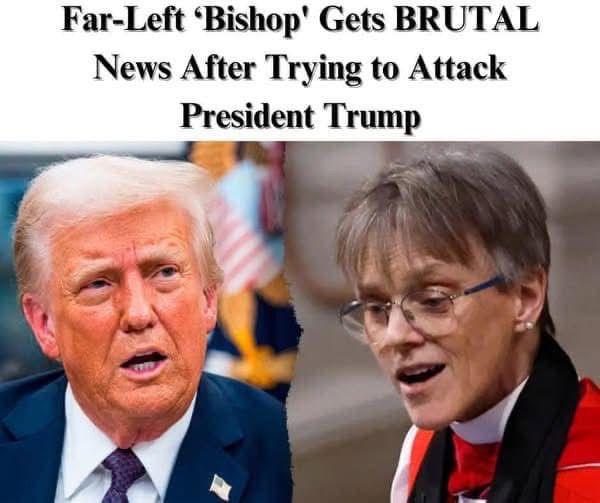Public and Political Reactions
The bishop’s remarks and Trump’s subsequent response led to widespread debate among political figures, religious leaders, and the general public. Many religious and social justice advocates supported the bishop’s message, arguing that faith-based leadership has a responsibility to speak out on issues affecting marginalized communities. They viewed her words as a necessary reminder of the values of compassion, inclusion, and human dignity.
Conversely, some political commentators and Trump’s supporters contended that the bishop’s speech strayed from the intended purpose of the event. They argued that religious gatherings, especially those associated with national ceremonies, should remain focused on unity rather than addressing specific social or political concerns. This divide reflected the broader ideological tensions in the country regarding the role of religious leaders in public discourse.
The Broader Implications for Faith and Politics
This incident is part of a larger conversation about the relationship between religion and government, a topic that has historically been debated in American politics. Religious leaders have often played a significant role in advocating for social change, from the civil rights movement to present-day discussions on social justice. However, the extent to which faith leaders should engage in political discourse remains a point of contention.
For some, faith and social justice are inseparable, with religious teachings often emphasizing care for the vulnerable and the importance of advocating for equal rights. Others, however, believe that religious institutions should avoid involvement in political matters, particularly in official government ceremonies, to maintain neutrality and avoid controversy.
Moving Forward: The Role of Religious Leadership in Social Issues
As this debate continues, the focus remains on finding a balance between faith-based advocacy and maintaining unity in public events. Religious leaders, political figures, and members of the public will likely continue to discuss how best to address issues of inclusivity, human rights, and social responsibility within the framework of faith and governance.
This event serves as a reflection of the broader tensions present in modern American society, where issues of compassion, policy, and national unity intersect. Regardless of differing perspectives, the conversation highlights the ongoing efforts to navigate the relationship between faith, politics, and the pursuit of a more inclusive society.

